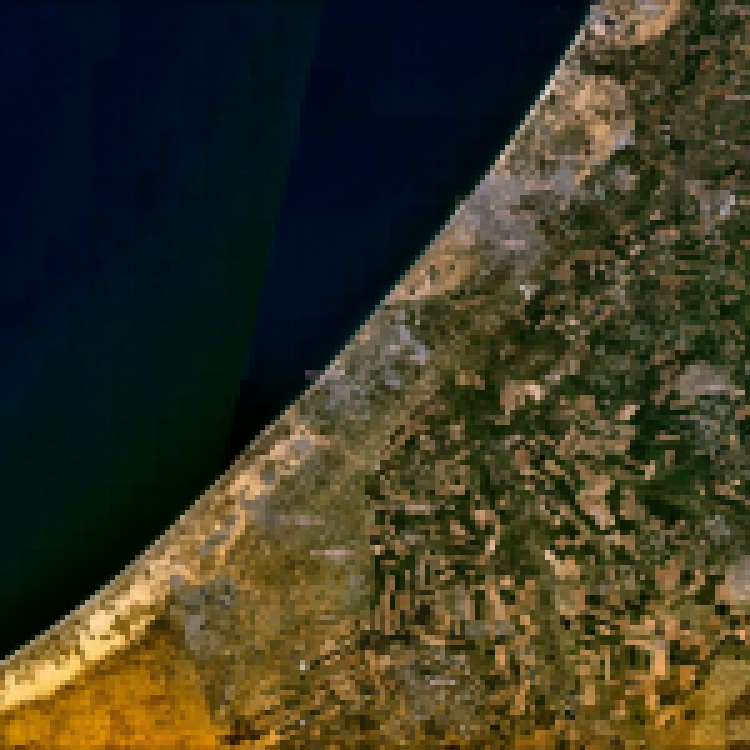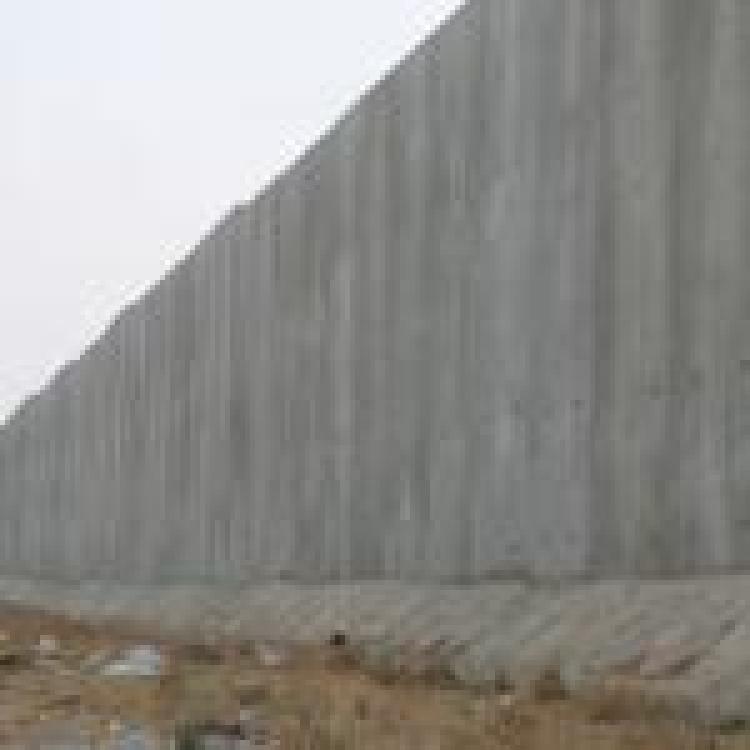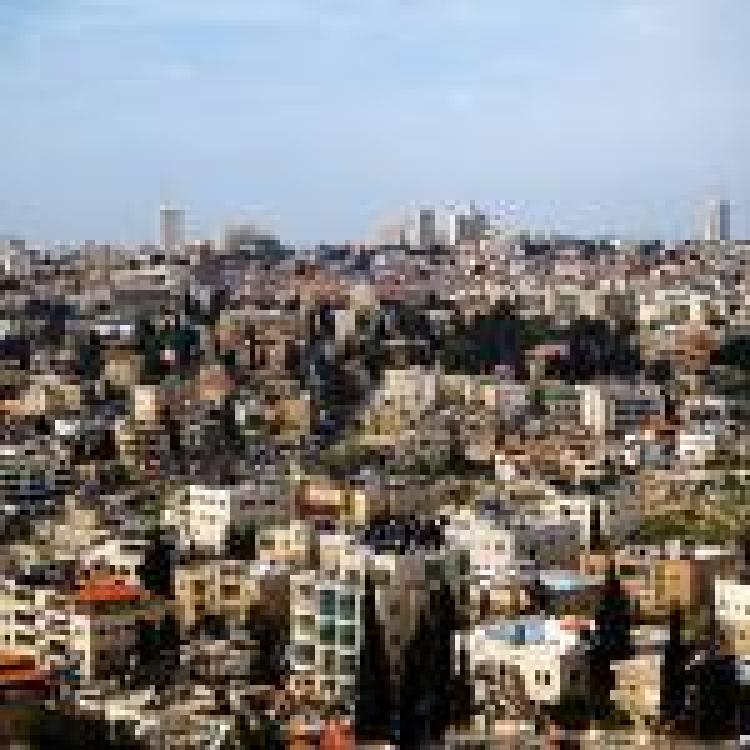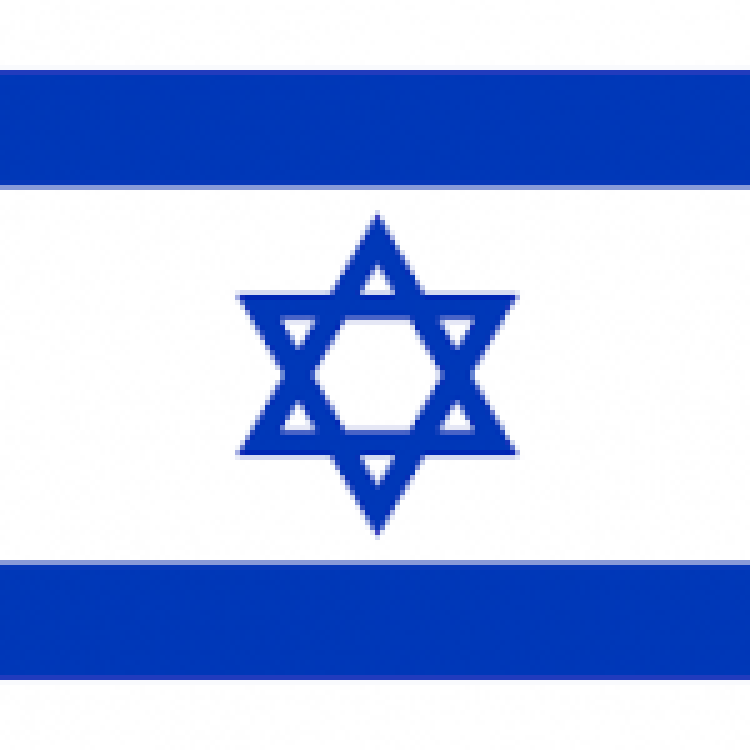.jpg) A minefield in the Golan Heights (Photograph: UNDOF)
A minefield in the Golan Heights (Photograph: UNDOF)
President Donald Trump announced on Twitter a reversal of decades-long US foreign policy by recognising Israel's sovereignty over the occupied Golan Heights.
“After 52 years it is time for the United States to fully recognize Israel’s Sovereignty over the Golan Heights, which is of critical strategic and security importance to the State of Israel and Regional Stability!”, he tweeted.
Trump’s remarks have provoked an international backlash.
Palestinians have also expressed concern as they allege this move will further enable Israel to claim ownership over occupied territory claimed in the same 1967 war, the West Bank. If this occurs it would end US support for a Palestinian state as currently envisioned. The decision also undermines principles of international law against the seizure of territory.
Iran, Turkey and Russia have raised concerns over this move stating it would destabilise an already fragile region. France and Germany condemned the action, with French foreign minister describing the occupation as “contrary to international law” and Germany condemning “unilateral steps” taken by the US.
Syrian state media responded to Trump’s statement maintaining the country was now “more determined to liberate it by all possible means no matter what”. They also state this move was motivated by “the blind bias of the United States” towards Israel but would not change “the fact that the Golan was and will always be a Syrian Arab territory”.
Israel, however, has applauded the move describing the decision as historic and maintained it was essential for the nation’s security. In a press statement, President Netanyahu stated this decision comes “at a time when Iran seeks to use Syria as a platform to destroy Israel, President Trump boldly recognises Israeli sovereignty over the Golan Heights”.
Critics have seen this as an attempt to bolster Netanyahu popularity preceding a contentious election on April 9.
Noura Erakat, a Palestinian human rights leader, has denied that Israel's interested in the region for security reasons.
“If it were interested in that, then it wouldn’t be settling its civilians there. It has 34 settlements, 20,000 settlers. To put civilians into a place that’s known as a military zone is one, either to belie that there’s actually a military threat or, two, to be using Israeli citizens as human shields. In both instances, it’s incredibly problematic and discounts the fact that there is no military threat to Israel from that border," Erakat said.
Israel initially took control over the Golan Heights, an area south-west of Syria’s capital Damascus, during a six-day war in 1967. The territory was later annexed in 1981 with the UN explicitly denying the legitimacy of this action. The UN Security Council Resolution 497 declared the Israeli decision "null and void and without international legal effect".
In 1973 Syria failed in its attempt to reclaim the territory by force with both Israel and Syria agreeing to sign an armistice in 1974.
Peace negotiations broke down again in 2000 when Syrian President Hafez al-Assad rejected the US-brokered agreement which refused to grant Syria access to the shore of the Sea of Galilee, at the base of the Golan Heights. Access to water resources within this region is of interest to both nations.
Read more here, here and here.




